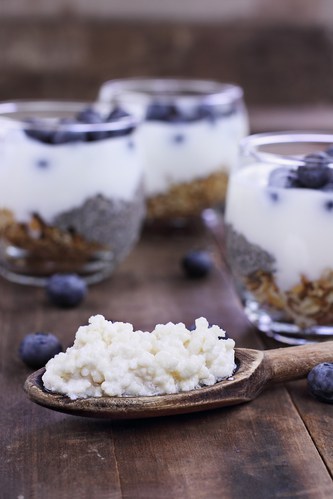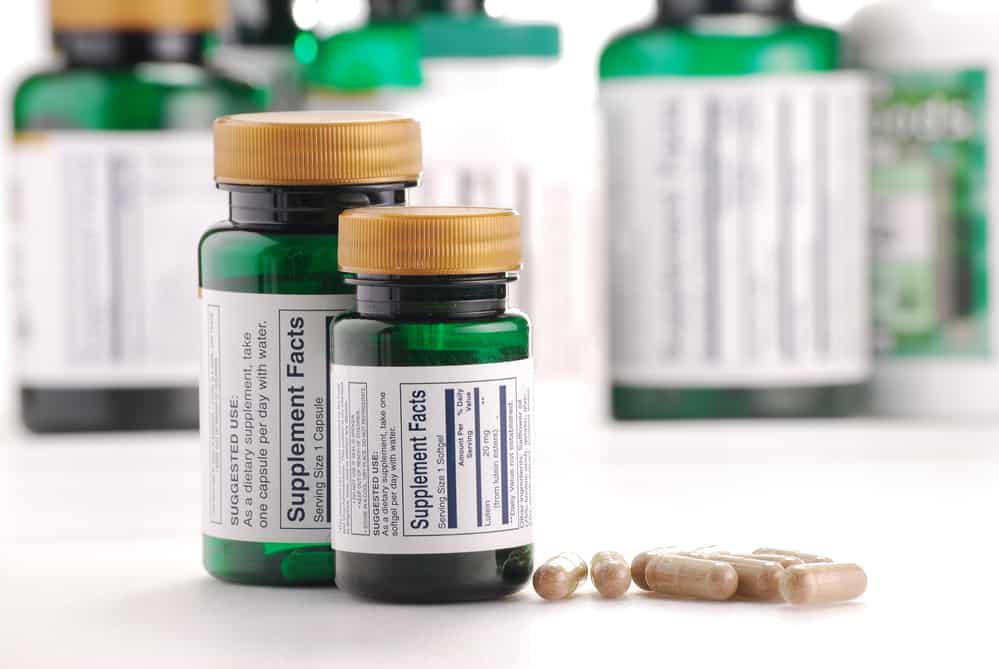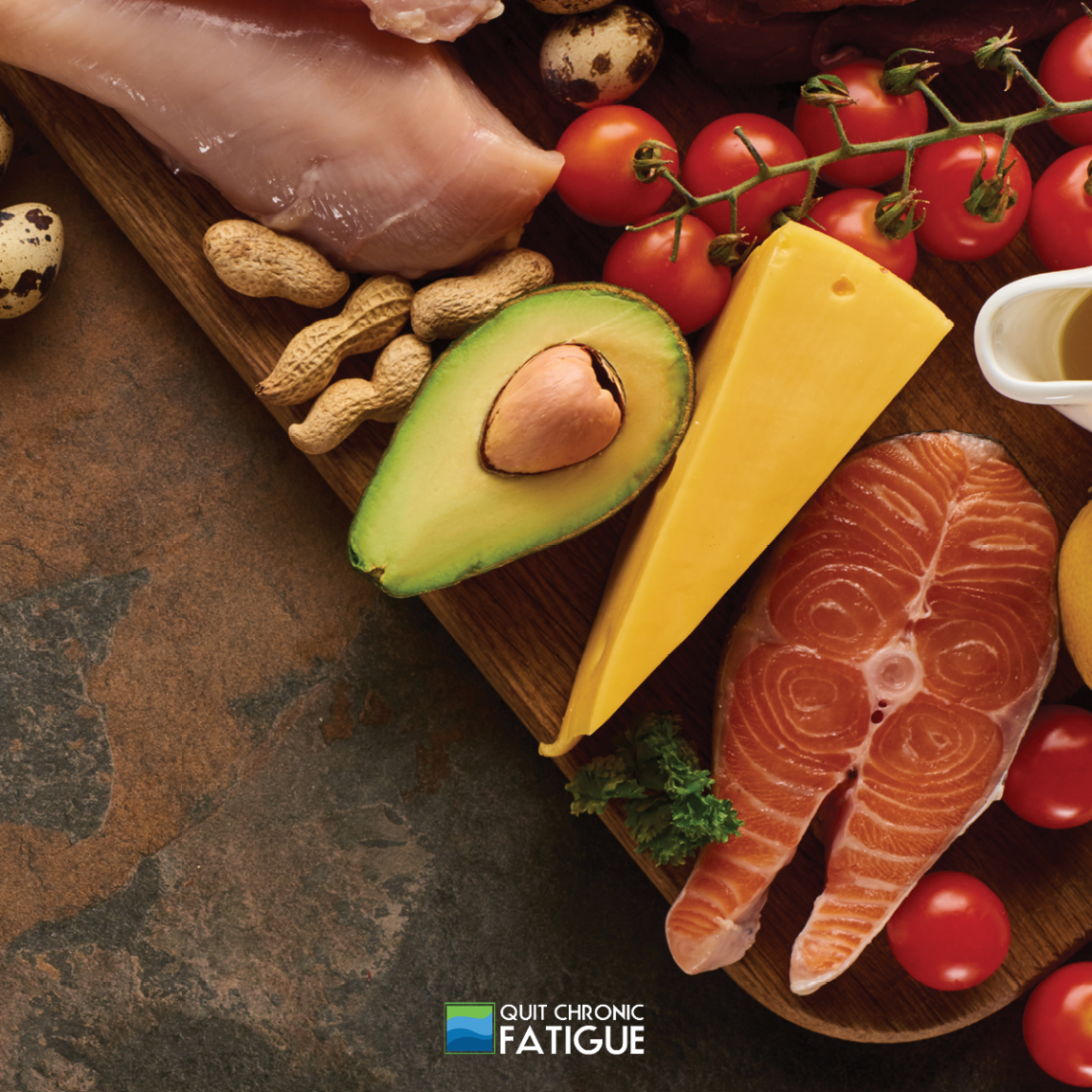What Is All The Buzz About Probiotics?
Unless you’re either completely disinterested in your health or you’ve been living in a cave the last few years, no doubt you’ve heard people talk about the importance of including probiotics in your diet. But do probiotics do you any good or are they just a waste of money?
Not only probiotics, but the whole issue of ‘gut health’ is mentioned nowadays by seemingly thousands of medical and health media outlets. And there is good reason for such attention to the topic as research shows the human microbiota is the key to understanding better health and nutrition.
There is no doubt that getting a variety of probiotics for a healthy gut should ideally come from your diet as it is important to ensure your gut contains a diversity of probiotic strains. Both for better overall health and reduced risk of developing chronic health conditions.
Some good probiotic sources come from the following foods:
- Yoghurt
- Kefir
- Kimchi
- Fermented vegetables like sauerkraut
- Natto
- Kombucha
- Tempeh
- Miso

The good news is that it is pretty easy to include some of these tasty probiotic sources regularly in your diet as many are easily sourced from your local health food store or supermarket.
Do You Really Need Probiotic Supplements?
If you can get probiotics by including these healthful foods in your diet why do you need a supplement? You should definitely try to get probiotics from food, not least because the levels of colony forming units (CFU’s) are way higher in food than in supplements. Trillions of CFU’s in foodstuff compared to billions in supplements.
However, there ARE some instances when taking a probiotic supplement can be very useful, particularly when addressing specific health concerns.
The main issue is that our modern day guts have lost probiotic diversity. This is due to a few reasons – the extinction of bacteria types, excessive hygiene, reduced fiber foods and the overuse of antibiotics in our contemporary society.
Reason #1. Extinction Of Bacteria Types
This study shows the reduced level of diversity in modern gut bacteria compared to those of more traditional populations is due to a reduction in dietary fiber. For healthy bacteria species to thrive they need a diverse source of carbohydrates from various fiber sources in our diet.
Reason #2. Excessive Hygiene
Vegetables used to be consumed pulled from the soil and eaten with traces of a variety of soil based bacteria remaining on the food. Nowadays, for marketing reasons vegetables are made more visually appealing by cleaning and washing them.
But in our fast paced modern world, it is also quicker and easier to buy and use vegetables that are pre -washed and prepped. When I was a kid I remember my mother buying potatoes and other root veggies that still had soil on them, and having to scrub them clean before cooking.
Additionally, due to concerns over contamination with residual chemicals and pesticides the health savvy among us either peel our veg or use a chemical removal spray to remove chemicals before cooking and eating.
Reason #3. Reduced Fiber Foods
Generally our western diets are much lower in fiber than traditional diets. Good gut bacteria need certain types of fiber to thrive in the gut. The fiber types, called prebiotics, are found in vegetables, whole grains, fruit, seeds and nuts.
Eating a variety of prebiotic fiber can help the good bacteria grow. However, a modern diet is often lacking in enough of these health giving prebiotic foods.
Reason #4. Overuse Of Antibiotics
Antibiotics should definitely be used when called for such as a life threatening bacterial infection. However, too often nowadays antibiotics are over prescribed and mistakenly used to treat viruses which they have no effect against.
There are many natural herbal antibiotics e.g., oregano oil and grapefruit seed extract which can be used to effectively combat common viruses and fungal infections such as cold and flu, stomach viruses, yeast overgrowths etc.
Can Probiotic Supplements Fix Loss Of Good Bacteria Diversity?

Unfortunately, not in the long term, as probiotics do not live long in the gut when you stop taking them. Whether you are getting your probiotics from food or supplements, you need to keep supplying them. The good live bacteria help crowd out the bad bacteria in your gut. As with so many things in life it is all about balance.
It is also important to add a diverse range of fiber to your diet as well as making sure you are eating enough of it. You need different types as the good bacteria feed on various fiber types. So make sure you include lots of fiber along with your probiotics.
Soluble fiber, resistant starch and polyphenols are all types of fiber the good bugs love. Many foods contain one or more fiber types that promote the increase of your friendly gut bacteria.
10 Top Prebiotics Foods:
- Bananas, particularly green bananas
- Globe artichokes
- Chicory
- Asparagus
- Leeks
- Onions
- Garlic
- Apples
- Chicory root
- Barley
Taking Probiotic Supplements Can Help With Specific Health Issues
Potential health benefits of probiotics include:
- Improved immune system
- Prevention and treatment of diarrhea
- Reduction in bad cholesterol
- Protection against cancer
- Improvement in G.I. function and regularity
- Reduction of eczema
- Reduction in IBS symptoms
- Better mental health
- Reduction of allergies
- Better mental health
There are also instances when taking specific probiotic supplements can help with particular health issues. However, understanding which probiotic strains you need before buying your supplement is critical to ensure you aren’t throwing money away.
Not only are there different species of good bacteria but there can also be many thousands of strains within that type of bacteria.
You are probably familiar with the probiotic Lactobacillus acidophilus. Lactobacillus is the genus (or group) and acidophilus is the species within that group. Another species of Lactobacillus is rhamnosus, which gives us the name Lactobacillus rhamnosus.
It is now known that probiotics have unique characteristics that provide benefit to your body in different ways. As more studies are carried out on the beneficial effects of probiotics, more useful information is becoming available about how the different species and strains within the species can help specific health conditions.
Many of the quality probiotic supplements available provide label information on the specific strain available in the probiotics. And this information is pretty important, particularly if you are addressing a specific health concern using probiotics supplements.
Let’s go back to Lactobacillus Rhamnosus as an example of the importance of strain specificity.
Lactobacillus Rhamnosus GG and Lactobacillus Rhamnosus PB01 are different strains of Lactobacillus Rhamnosus and each have different beneficial health effects.
Lactobacillus rhamnosus GG has been widely studied and found to have benefits in the prevention and treatment of gastrointestinal infections and diarrhea, promoting gut barrier function, improving allergies and stimulation of the immune response.
Conversely, Lactobacillus rhamnosus PB01 research shows this strain used as a regulatory agent has positive effects on weight loss and improvements in sperm motility.
The moral of the story – If you are looking for help with allergies or diarrhea caused by a gastrointestinal bug, should you be taking a probiotic that has been shown to increase sperm motility?
I’d say definitely not, particularly if you are concerned about wasting time and money. If you don’t know the strain of the probiotic you are taking, you will also have no idea about the possible effect of that probiotic on your health. The probiotic your friend has been using with miraculous results in helping her chronic constipation, may not be the right one for you if you are trying to improve your allergies.
The days of simply popping any probiotic supplement in the hope it will improve your health issue are coming to an end as research is continually providing more information on the health benefits of strain specific probiotics.
However, scientists still don’t know everything there is to know about probiotics. But research into probiotics and specific strains has rapidly expanded within the past several years. There is still a lot to learn and no doubt research will continue to provide useful information.
How Do You Buy The Right Probiotic Supplement?

Reading the labels on probiotics is a step in the right direction. As the example above indicates, you should not only look for a probiotic containing the genus but also the strain. So be on the lookout for letters or numbers or a combination of both that indicate the specific strain.
Many quality probiotic supplements will indicate the strains on the content/ingredient label. However if they don’t, contacting the manufacturer should give you all the information you need. If the manufacturer is reluctant to provide this info., or they advise their probiotics use a ‘proprietary blend’ , consider buying a different brand.
In addition you should also check the label for extra unwanted ingredients such as fillers and preservatives. Products should also list the quantity of CFU’s supplied by each individual strain as you want to know you are getting enough of the important strains you need.
For best effect, choosing probiotics that do not require refrigeration maximizes best absorption in your gut and ensures no loss of CFU’s that can occur due to mishandling during shipping and storage. Probiotic products should contain at least 10–20 billion CFU’s to be effective.
Putting It All Together
Try to include more beneficial probiotic foods and feed them with good sources of probiotic fiber to ensure you naturally get a wide variety of different probiotic strains from your regular diet.
If you do decide to take probiotics make sure you are informed about which strains will address the health issues you are targeting.
Not all probiotic supplements are created equal, learning to read labels and ask manufacturers for more information is important to make the right choice and avoid wasting money.
Please Feel Free To Leave A Comment Below




